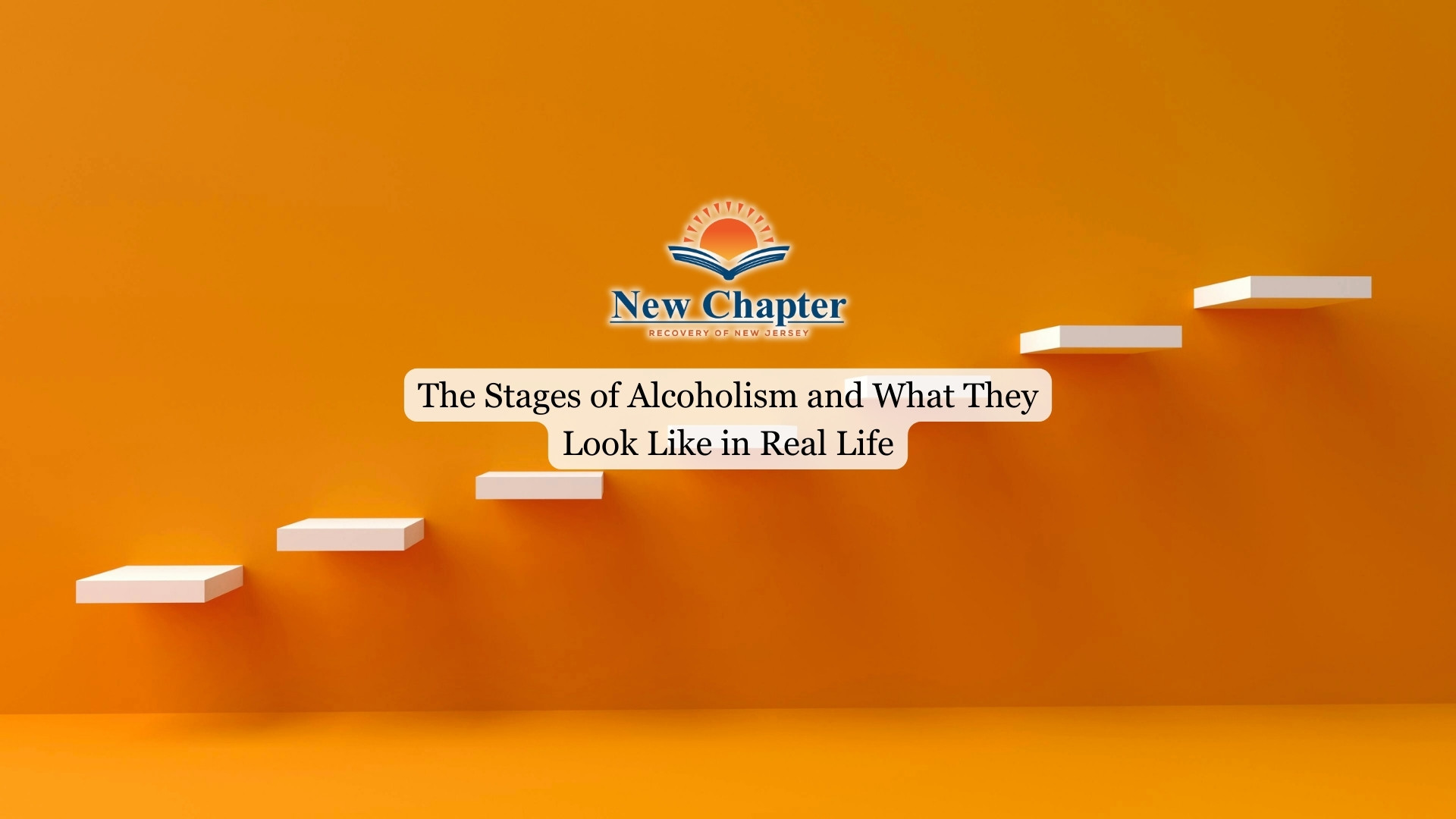Quitting cocaine requires a structured approach, including detox, therapy, and long-term support. This guide explores how to quit cocaine, manage cocaine withdrawal symptoms, and find the right treatment program to break free from addiction. Understanding these steps can help individuals take control and start their recovery journey.

Table of Contents
Toggle- Understanding Cocaine Addiction
- The Dangers of Quitting Cocaine Cold Turkey
- The Importance of Cocaine Detox
- Therapy and Counseling for Cocaine Addiction
- Managing Cocaine Cravings and Preventing Relapse
- The Role of Medication in Cocaine Addiction Treatment
- The Importance of Long-Term Support
- Final Thoughts from New Chapter Recovery
Understanding Cocaine Addiction
Cocaine addiction is a serious condition that affects brain function, behavior, and overall well-being. As a powerful stimulant, cocaine increases dopamine levels in the brain, creating intense euphoria and reinforcing repeated use. Over time, dependence develops, making it difficult for individuals to stop without professional intervention.
Frequent cocaine use leads to tolerance, requiring larger doses to achieve the same effect. This cycle increases the risk of overdose, mental health issues, and long-term damage to the body.
Recognizing the Challenges of Cocaine Withdrawal
Stopping cocaine use is challenging due to its effects on brain chemistry. Withdrawal occurs when the body and mind adjust to functioning without the drug. Cocaine withdrawal symptoms include fatigue, depression, anxiety, and intense cravings. Many individuals may experience mood swings, irritability, and difficulty concentrating.
Symptoms of cocaine withdrawal vary in severity depending on the duration and frequency of cocaine use. While withdrawal is not typically life-threatening, it can lead to suicidal thoughts, increased substance use, or relapse if not managed properly. Seeking care at a treatment center like New Chapter Recovery ensures a safe and structured detoxification process.
The Dangers of Quitting Cocaine Cold Turkey
Stopping cocaine use suddenly without medical supervision can lead to severe withdrawal symptoms, including depression, anxiety, fatigue, and intense cravings. The brain’s dopamine levels drop, causing mood swings and, in some cases, suicidal thoughts. Without support, many relapse to escape discomfort.
Detox at a treatment center provides medical oversight to monitor withdrawal and reduce risks. A structured approach ensures safety, stabilizes mood, and helps individuals transition into long-term recovery. Attempting to quit cocaine alone increases the likelihood of relapse, making professional care crucial for success.
The Importance of Cocaine Detox
Detox is the process of removing cocaine from the body while managing withdrawal symptoms. Medical supervision is essential, as withdrawal symptoms may lead to complications such as severe depression, agitation, and extreme cravings for cocaine. At rehab facilities, professionals monitor patients to ensure safety and reduce discomfort.
A structured treatment program may include medications to ease symptoms, therapy for emotional support, and nutritional guidance to restore physical health. Proper detox significantly improves the chances of maintaining abstinence and preventing relapse.
Therapy and Counseling for Cocaine Addiction
Successful recovery goes beyond detox. Therapy plays a critical role in addressing the underlying causes of substance abuse and preventing future misuse. Behavioral therapies such as counseling and Cognitive Behavioral Therapy (CBT) help individuals recognize triggers, develop coping strategies, and rebuild healthy habits.
Group therapy and support groups, including 12-step programs like Cocaine Anonymous, provide peer encouragement and accountability. Individual sessions with a counselor help address personal challenges related to cocaine addiction, while family therapy strengthens relationships and improves the home environment.
New Chapter Recovery provides outpatient services that include therapy, counseling, and ongoing support to help individuals stay on track.
Managing Cocaine Cravings and Preventing Relapse
Strategies to reduce cravings for cocaine include:
- Engaging in healthy activities such as exercise, meditation, and hobbies
- Avoiding environments and people associated with past cocaine use
- Practicing mindfulness and stress-management techniques
- Attending support groups or therapy regularly
A treatment plan at a trusted rehab facility provides relapse prevention strategies and equips individuals with tools to maintain sobriety.
The Role of Medication in Cocaine Addiction Treatment
While no FDA-approved medications specifically target cocaine addiction, some treatments may include prescriptions to manage symptoms. Medication-assisted treatment (MAT) helps reduce cocaine withdrawal effects, stabilize mood, and decrease drug use triggers.
Antidepressants may be prescribed to address depression during cocaine withdrawal, while medications affecting dopamine levels can help balance brain function. A healthcare provider evaluates each case to determine the best approach for managing withdrawal symptoms and cravings.

The Importance of Long-Term Support
Recovery from cocaine addiction does not end after detox. Long-term success requires continued therapy, community support, and lifestyle adjustments. Engaging with Cocaine Anonymous, relapse prevention programs, and counseling services ensures individuals stay committed to abstinence.
A strong support system, whether through family, friends, or a treatment center, provides accountability and encouragement.
How to Find the Right Treatment Center for Cocaine Addiction
Choosing the right treatment center depends on the severity of cocaine addiction and personal needs. Inpatient rehab provides intensive care for severe cases, while outpatient programs offer flexibility for those balancing work or family responsibilities.
A strong treatment program includes detox, therapy, and relapse prevention. Counseling, behavioral therapy, and medication-assisted treatments may include options to manage cravings and withdrawal.
Final Thoughts from New Chapter Recovery
Quitting cocaine is challenging, but recovery is possible with the right help. Recognizing the need for treatment and seeking support from a professional rehab program increases the chances of long-term success.
New Chapter Recovery offers comprehensive cocaine addiction services, including detox, therapy, and outpatient treatment programs tailored to each individual’s needs. Our team of counselors, therapists, and medical professionals provides evidence-based care to help individuals break free from cocaine addiction and regain control of their lives.






